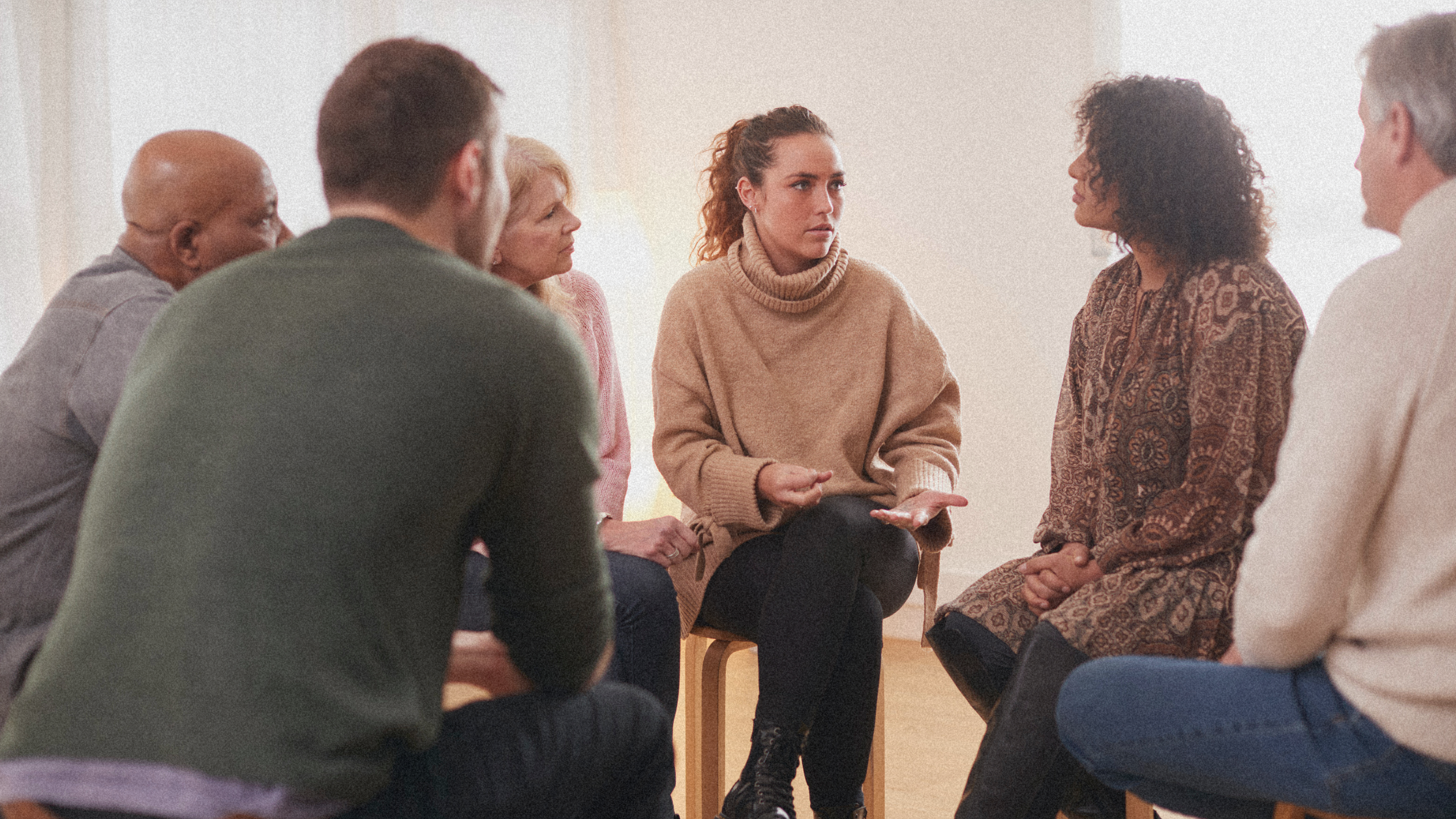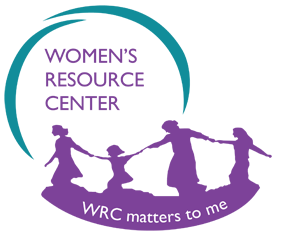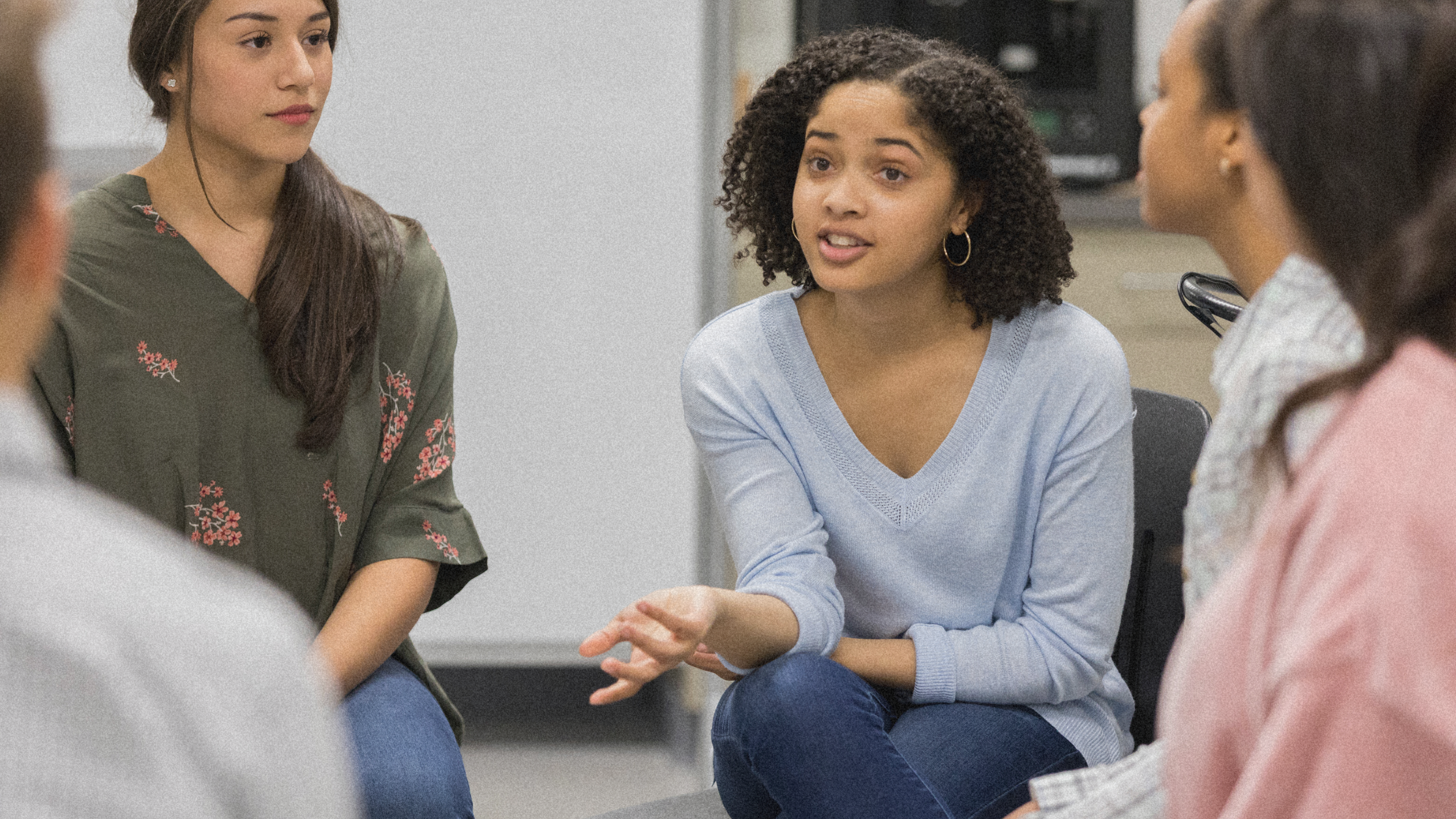
Groups & Domestic Violence Education
The Women’s Resource Centers Domestic Violence Education classes and support groups offer a supportive space to learn about the dynamics of abuse, share experiences, and gain practical tools for moving forward. Led by trained facilitators, these sessions empower participants with knowledge, understanding, and peer connection to help foster long-term safety and healing.
WRC’s Group & Domestic Violence Education Services
Domestic Violence Education Classes (DVED)
Our 12-week Domestic Violence Education Classes are designed to provide a comprehensive understanding of domestic violence, its impact, and effective strategies to promote safety, healing, and empowerment. These classes are DHS approved.
DVED Support Groups
Our Post-Education Support Group offers a welcoming space for individuals who have completed our Domestic Violence Education classes, providing ongoing encouragement, connection, and insights to help you continue your journey toward healing and empowerment.
Safety Planning
Our safety planning services at the Women’s Resource Center provide personalized, practical strategies to help you navigate immediate dangers and long-term safety concerns. Each plan is developed in partnership with you, ensuring your unique needs, choices, and well-being are always prioritized.
Resource Referrals
If we can’t meet your immediate needs, our staff can connect you with community partners, ensuring you receive the specialized support and resources you deserve.
Domestic Violence Education Classes
Our 12-week Domestic Violence Education Classes are designed to provide a comprehensive understanding of domestic violence, its impact, and effective strategies to promote safety, healing, and empowerment. Led by a Certified Domestic & Sexual Violence Response Professional (CDSVRP), these classes are DHS-approved, meaning they meet the requirements of a DHS service plan if you have been referred by the Oklahoma Department of Human Services.
Topics We Cover
- What Domestic Violence Is: Definitions and types of abuse
- Power & Control Wheel: How abusers manipulate power to gain control
- Cycle of Violence: Recognizing the patterns of abuse
- Stalking: Understanding signs and risks
- Social Media & Tech Abuse: Identifying digital forms of harassment
- Effects of Abuse: Short- and long-term emotional, physical, and social impacts
- Manipulation: Tactics used to control and isolate survivors
- “Why She Stays”: Debunking myths and exploring barriers to leaving
- Healthy Relationships: Building blocks of respect, trust, and equality
- The Domestic Violence Movement: Historical context and advocacy evolution
- Grounding Techniques: Skills for managing trauma responses
- Emotional Safety: Strategies to protect psychological well-being
- Boundaries: Establishing healthy limits in relationships
- Self-Esteem: Reclaiming confidence and self-worth
Intake Process
Before starting the class, each individual will complete an intake appointment. During this session, we will:
- Gather General Information: Learn about your situation and reasons for taking the class.
- Course Overview: Provide a brief outline of what to expect over the 12 weeks and answer any questions you may have.
- Empowerment Plan: Identify your short-term and long-term goals, as well as hopes and dreams for life after the classes.
- Needs Assessment: Connect you with relevant resources—whether that’s housing, legal advocacy, counseling, or other services.
- Safety Planning: Begin creating a personalized plan to address your immediate and ongoing safety needs. We will update this plan as needed throughout the course.
Why Domestic Violence Education Matters
Domestic violence remains a significant issue in Oklahoma. According to the Violence Policy Center’s When Men Murder Women report, our state consistently ranks among the top in the nation for women killed by men in domestic violence incidents 11. In addition, data from the National Coalition Against Domestic Violence (NCADV) shows that over 49% of Oklahoma women and 40% of Oklahoma men will experience intimate partner violence, sexual violence, or stalking in their lifetimes 22.
These startling statistics underscore the importance of education and proactive intervention. By understanding the dynamics of abuse, recognizing unhealthy behaviors, and developing safety strategies, participants gain the knowledge and tools to break the cycle of violence—both for themselves and for future generations.
How to Enroll
If you or someone you know could benefit from these classes, please contact us at (405) 310-5291 to schedule an intake appointment. We’re here to offer confidential support, provide guidance, and walk alongside you every step of the way.
Sources
- 11 Violence Policy Center. When Men Murder Women. https://vpc.org
- 22 National Coalition Against Domestic Violence. Domestic Violence in Oklahoma. https://ncadv.org/STATE-STATISTICS
Empowerment starts with understanding. Let us help you gain the skills, resources, and confidence to create a safer, healthier future.

